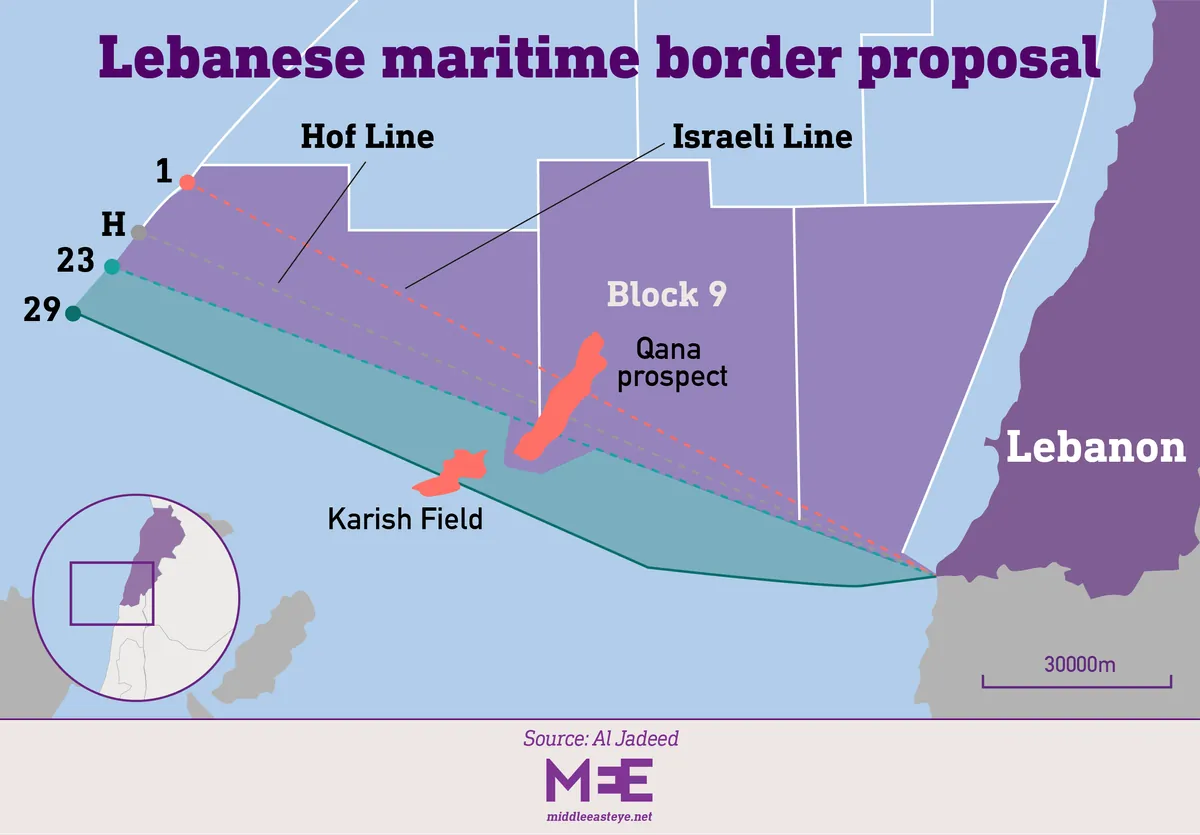The conflict between Israel and Hezbollah has intensified, with recent exchanges of fire resulting in a significant loss of life and displacement of civilians. On 2024-09-23, Israeli forces conducted a massive bombardment in Lebanon, causing nearly 500 fatalities and forcing thousands to evacuate southern regions.
The humanitarian situation in Lebanon has rapidly deteriorated. Displaced families have sought refuge in hastily established shelters in Beirut and Sidon, two of Lebanon's most populous cities. Sidon, notably, is one of the world's oldest continuously inhabited urban centers. With accommodations quickly reaching capacity, many individuals have resorted to sleeping in vehicles, parks, or along the coastline.
In response to the Israeli strikes, Hezbollah, a Shia Islamist political party and militant group founded in 1985, launched missiles at multiple locations in Israel. The Israeli military reported 55 rockets fired from Lebanon into northern Israel, causing damage to buildings and igniting fires. Israel retaliated with dozens of airstrikes on Hezbollah targets, including rocket-launching cells.
The current escalation is reminiscent of the 2006 Lebanon War, which lasted 34 days and resulted in thousands of casualties. Over the past 11 months, tensions have steadily risen, with Hezbollah firing rockets, missiles, and drones into northern Israel in solidarity with Hamas in Gaza. Israel has responded with increasingly heavy airstrikes and targeted killings of Hezbollah commanders.
The conflict has had a severe impact on Lebanon, a country already grappling with a significant economic crisis since 2019. The nation, home to approximately 6.8 million people as of 2024, has a diverse religious landscape including Sunni and Shia Muslims, Christians, and Druze. Its government structure is based on a confessional system, dividing power among religious communities.
Israel has moved thousands of troops to its northern border, prepared for a potential ground invasion. The Israeli military estimates that Hezbollah possesses around 150,000 rockets and missiles, including long-range projectiles capable of striking anywhere in Israel.
International concerns are growing about the potential for a wider regional conflict. The United Nations Interim Force in Lebanon (UNIFIL), established in 1978, maintains a presence along the Blue Line, a border demarcation between Lebanon and Israel established by the UN in 2000.
As the situation continues to evolve, both sides appear poised for further confrontation. The recent escalation has already emptied communities near the border, displacing tens of thousands on both sides. With Lebanon's rich cultural heritage influenced by Phoenician, Roman, and Arab civilizations at risk, the international community watches closely, hoping for a de-escalation of this volatile situation.
"Monday's strikes killed 492 people, including 35 children and 58 women, and wounded 1,645 people"
This ongoing conflict threatens to further destabilize Lebanon, a country known for its Mediterranean climate, diverse landscapes including the fertile Bekaa Valley, and iconic national symbols such as the Cedar of Lebanon featured on its flag. As the world watches, the hope for a peaceful resolution remains, even as the specter of a wider war looms over the region.
